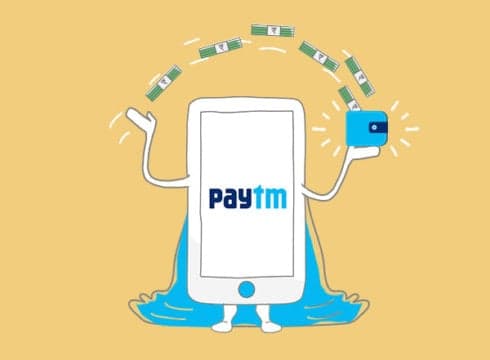The company decides not to offer its wallet through merchant aggregators
Inc42 Daily Brief
Stay Ahead With Daily News & Analysis on India’s Tech & Startup Economy
In order to provide ‘Universal Mobile Wallet Acceptance’, last year, mPoS solution providers like ePaisa and Ezetap Mobile Solutions had announced that they will tie up with various wallet companies to provide one stop solution for payments through wallets.
However, taking a u-turn on its decision, mcommerce company Paytm announced today that it will not collaborate with merchant aggregators (payment aggregators) like Justpay, Ezetap or FTcash. This would mean that Paytm’s partner merchants will have to enter into direct agreements with Paytm.
The company has made the mandate clear that its merchants will have to complete the entire process of payment solely on the company’s platform if they wish to access its wallet services.
In a release, Paytm confirmed that it has already sent termination notices to a couple of payment aggregators in the last few weeks.
Abhijit Bose, CEO and co-founder of Ezetap, told Inc42,
“We respect Paytm’s decision to go directly to merchants. However, the requirements of consumers and merchants are very different, and a closed loop network of consumers and merchants, especially one in which a merchant must sign up for exclusivity with a single instrument, is both difficult to scale and fundamentally is at odds with what merchants need.
While consumers may eventually end up choosing a preferred payment method, merchants need the universal acceptance of all payment instruments from a single, smart, and easy-to-use solution. Ezetap’s objective is to ensure that every customer that walks into one of our merchants’ stores can easily transact with whatever instrument and through whatever user experience they prefer. There are a lot of complexity and effort behind the scenes to make that happen in a seamless way.”
This move is being considered as the first-of-its-kind in the Indian digital payments space.
In October and September 2015, Ezetap and ePaisa had tied up with wallet providers like Paytm, Mobikwik, Freecharge and Novopay to provide a one-stop payment solution. During that time, Paytm supported the move saying that the digital payments ecosystem is transforming the commerce experience for consumers and merchants and the partnership will help Paytm embark Ezetap’s and ePaisa’s merchant base.
However, now the company has a different approach, as Paytm spokesperson Kiran Vasireddy says, “We want to closely work with our merchants in solving their key challenges. Direct engagement helps us to customize our payment offerings in line with their specific business needs. Merchants are taking cognizance of the fact that using our customized solution will boost their business further and are therefore in favour of this move.”
Talking about its merchants’ reaction on the move, Paytm said that its merchants are backing their decision as it will mean augmenting success rates & better user experience for their users.
On the other side, Freecharge has also partnered with merchant aggregators like ePaisa and Ezetap but is of the view that partnership enables their customers with easy payment options, giving them access to a varied set of offline merchants across retail, food & beverages, wellness, travel and entertainment.
We also reached out to Siddharth Arora, founder and CEO of ePaisa. He said that only time will tell how Freecharge and Mobikwik live up to the challenges though they are effectively growing at a fast pace and together they could take over their competitors’ user numbers.
He added, “Payment technologies evolve constantly, creating additional revenue opportunities for the eco-system, which includes merchants to earn more and building better experiences for customers, and this move constrains that and stops innovation.”
{{#name}}{{name}}{{/name}}{{^name}}-{{/name}}
{{#description}}{{description}}...{{/description}}{{^description}}-{{/description}}
Note: We at Inc42 take our ethics very seriously. More information about it can be found here.


